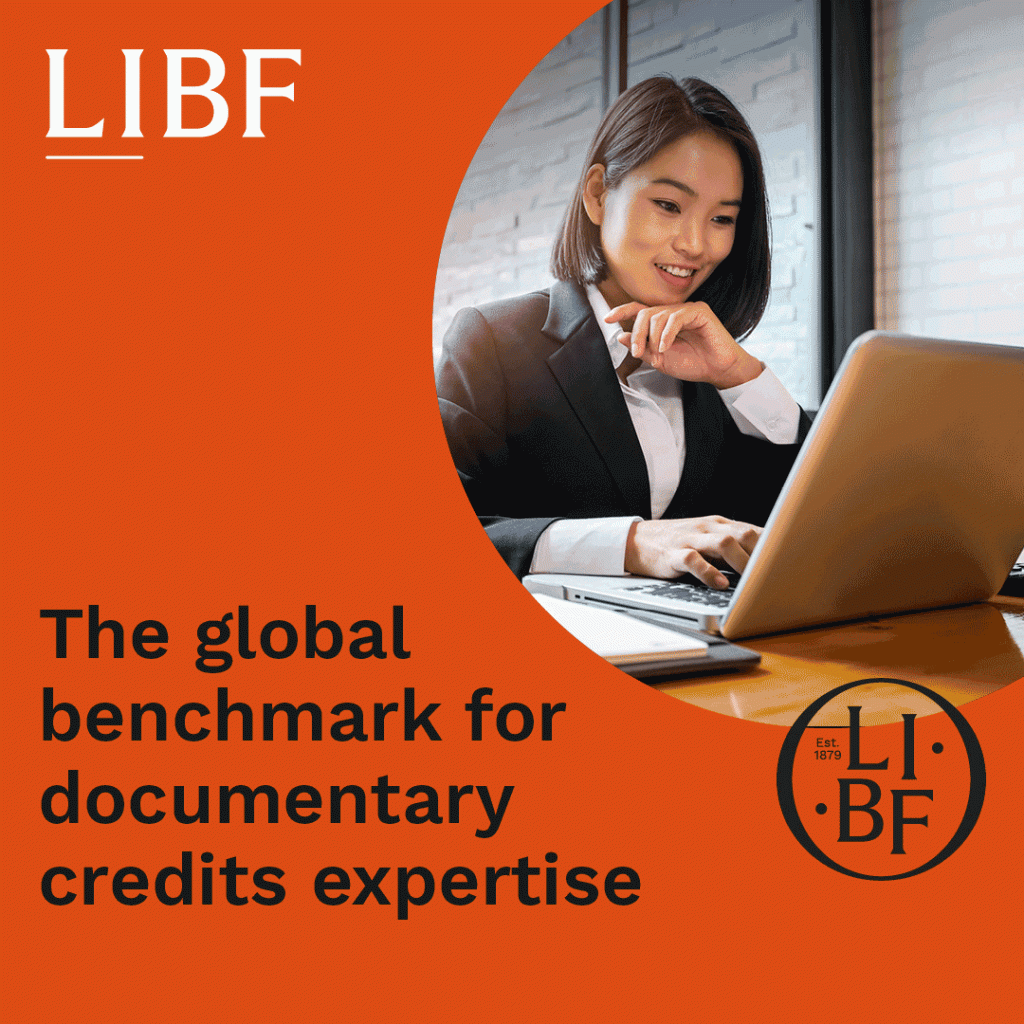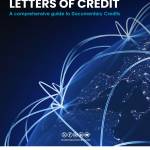URC 522 and eURC Explained

Access trade, receivables and supply chain finance
We assist companies to access trade and receivables finance through our relationships with 270+ banks, funds and alternative finance houses.
Get Started
ADVERTISEMENT
Contents
URC 522 and eURC Explained
What is URC 522?
The ICC Uniform Rules for Collections (URC) are a set of Rules helping all the counterparties in a collection process of debt, owned money or assets. The rules were created to resolve the daily operational problems of the practitioners.
In essence, the URC 522 rules outline what banks should do with documents against acceptance (D/A) and documents against payment (D/P).
Documents against acceptance are an arrangement between the importer and the exporter, specifying that the importer is not to be given documentation that confirms their ownership of the imported goods until the Bill of Exchange/ Bill of Lading has been paid for, or an agreement to pay has been made.
In such cases, the URC 522 states that the importer must accept a time draft from the bank via the exporter, and must then sign, agreeing to pay the exporter (seller) at a future point in time.
Once this has been accepted, ownership documentation is then handled by the bank to the buyer.
Documents against payment are used in a similar way but on the side of the exporter. These documents are an agreement between the bank and the exporter, specifying that the importer is not to receive any of the paperwork confirming ownership of goods until the attached Bill of Exchange / Bill of Lading is paid for, or preparations for payment have been made.
The URC 522 states that the buyer (importer) should make full payment on the goods once they are delivered, after which the documents confirming ownership can be handed over by the bank.
Why is the electronic presentation for URC (eUCR) needed?
Under the existing guidance from the ICC, the rules of the URC 522 provide protection to transactions of goods and services overseas. However, when it comes to electronic transactions, URC 522 rules are somewhat limited.
It is inevitable digital trade finance will start to enter the mix as we move towards open banking, interoperability and the digitalisation of trade. As a result, the ICC have recognised that new rules and guidance should be published to supplement the current URC 522 rules. These are eRules, and have recently been updated for both UCP 600 and URC 522.
What are the benefits of eRules for trade finance?
- Safeguarding applicability in a constantly evolving digital trade sector
- Isolating the risk from a physical paper environment to the electronic systems
- Supporting the usage of electronic records
- Unity as opposed to divergent national and regional practice
- Standardisation of terminologies and objectives
- Enabling and supporting trade finance between regions and countries regardless of underlying economic and judicial structures
The implementation of the eRules is likely to lead to the evolution of electronic presentations and automated compliance checking systems, a breakthrough in the world of documentary credits.
With the advent of the Internet of Things, Distributed Ledger Technology, Smart Contracts, Artificial Intelligence, and Machine Learning, digital trade finance is changing, and the eRules are looking to accommodate and adapt to these new technologies.
Our trade finance partners
- Letters of Credit / Documentary Credit Resources
- All Letters of Credit Topics
- Podcasts
- Videos
- Conferences




















